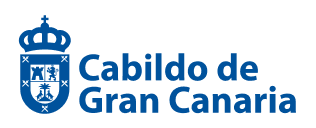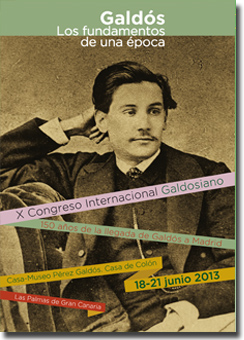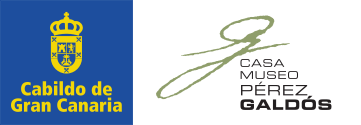EL 'OPTIMISMO' DE GALDÓS: EDUCACIÓN Y TRANSFORMACIÓN SOCIAL / THE 'OPTIMISM' OF GALDÓS: EDUCATION AND SOCIAL TRANSFORMATION
Palabras clave:
Galdós, novela española del siglo XIX, sociedad y educación, Spanish novel of the XIXth, society and educationResumen
Innumerables testimonios avalan la figura de Galdós como hombre de su tiempo, plenamente consciente de los problemas de España y de la necesidad de una reforma profunda. Lejos del pesimismo finisecular, Galdós mantiene vivo un afán renovador y esperanzado, ligado a su ‘optimismo’ radical y su fe en la ciencia y la educación como armas de futuro. El presente trabajo se adentra en esa visión galdosiana de la educación como factor esencial de regeneración y transformación social, con especial atención a El caballero encantado (1909), fábula novelesca que nos introduce en un mundo utópico —pero no menos ‘real’—, que afecta al destino mismo de los seres humanos.
Innumerable testimonies support Galdós's figure as man of his time, fully conscious of the problems of Spain and of the need of a deep reform. Far from the turn-of-the-century pessimism, Galdós keeps a zeal alive innovator and thrilled, tied to his radical ‘optimism’ and his confidence in the science and the education as weapon of future. The present work enters this vision galdosiana of the education as essential factor of regeneration and social transformation, with special attention to his novel El caballero encantado (1909), fictional fable that introduce us in an utopian world —but not less ‘real’—, that concerns the destiny itself of the human beings.




